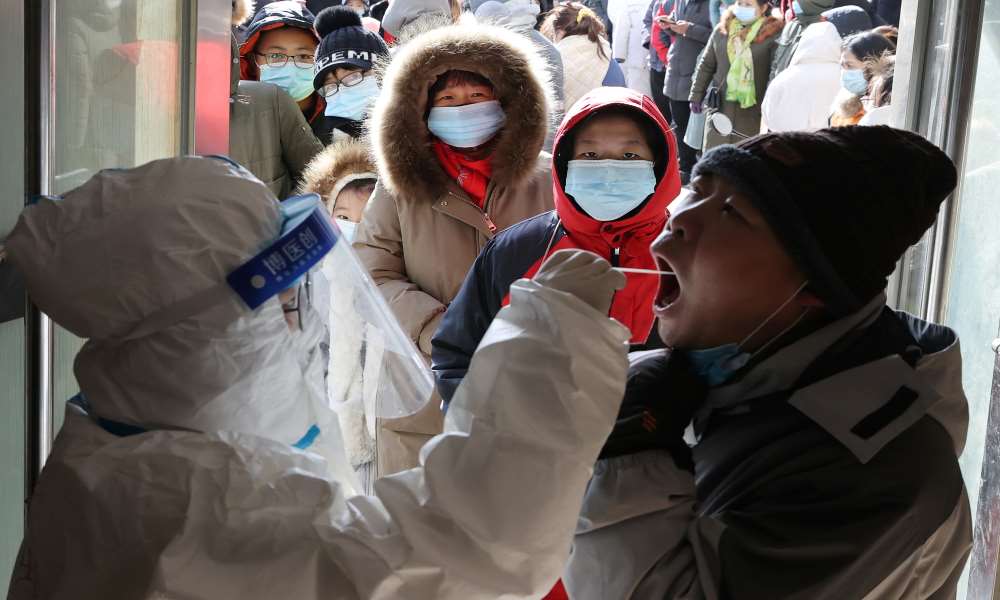Rising Covid-19 cases threaten China’s economy
Tourist destinations worst hit
Disruption from potential lockdowns is a major uncertainty for the economy, which is also facing a property crisis, record-high youth unemployment and more recently, severe drought.
China reported 2 181 new Covid-19 cases, as conditions worsen in the country’s biggest outbreak since the lockdown of Shanghai earlier this year.About 553 people were confirmed to be infected and there were another 1 628 asymptomatic cases as of Saturday, according to a statement released by the National Health Commission (NHC). In a separate statement, the NHC said the country has administered 3.43 billion doses of Covid vaccines as of 20 August.
Infections have surged to a three-month high, with tourist destinations worst hit among the current round of flareups.
The southern island of Hainan reported almost 1 100 confirmed and asymptomatic cases for Saturday, the most among all provinces. That was followed by Tibet with 600 and Xinjiang, which recorded more than 200 infections.
The current wave of infections is testing Beijing's Covid Zero policy as the government seeks to strike a balance between containing the virus and maintaining economic growth. Disruption from potential lockdowns is a major uncertainty for the economy, which is also facing a property crisis, record-high youth unemployment and more recently, severe drought.
Borders
Local officials are taking strict measures to stamp out Covid cases in their region or try to prevent the virus from spreading across their borders. Hainan was almost entirely locked down and most of Urumqi, capital of Xinjiang, remains sealed off.
Starting Sunday, Taigu district of Jinzhong city in the northern province of Shanxi went into a three-day lockdown, according to a statement by the local government. The measure came a day after similar restrictions were imposed in Pingyao county, a popular tourist destination about 50 kilometres away from Taigu.
Three districts in Nanchong, Sichuan province in southwest China, were also locked down from Sunday for four days, with workers ordered to work from home, taxis and public transport suspended and restaurants, hotels, cinemas and pubs closed, according to an official announcement.
Last week, hundreds of vehicles stuck on a state highway in Tibet after a neighbouring province refused to allow travellers from the region to enter, saying its quarantine system had reached capacity.
In the coastal city of Xiamen, south-eastern Fujian province, authorities were testing both people and the things they've been in contact with, including fish plucked from the water because of fears of importing the virus. -Fin24



